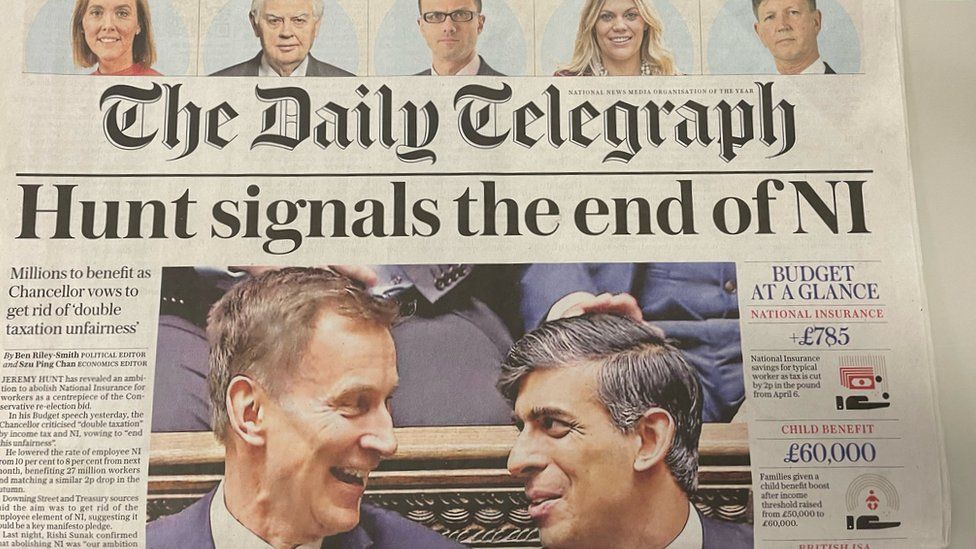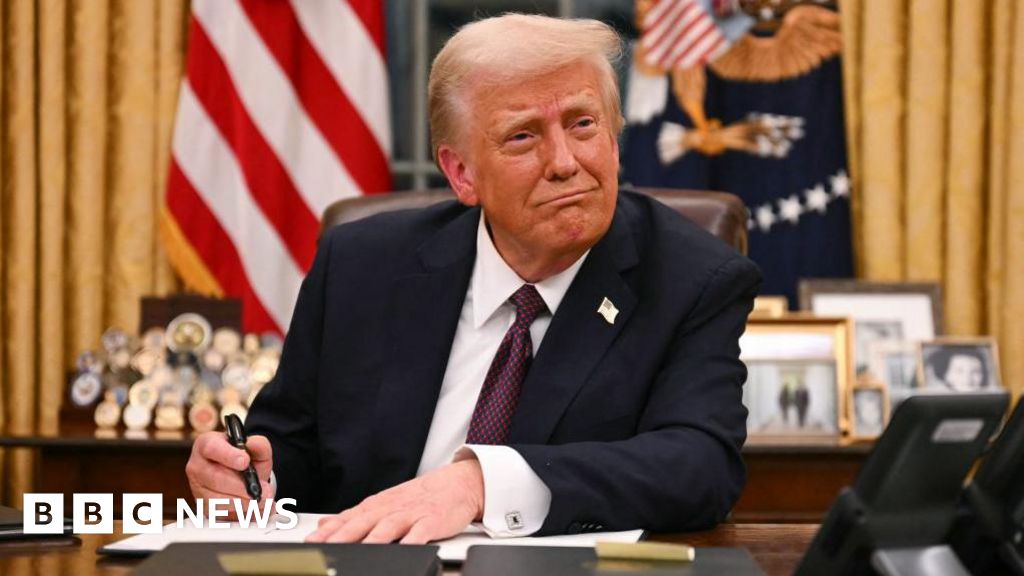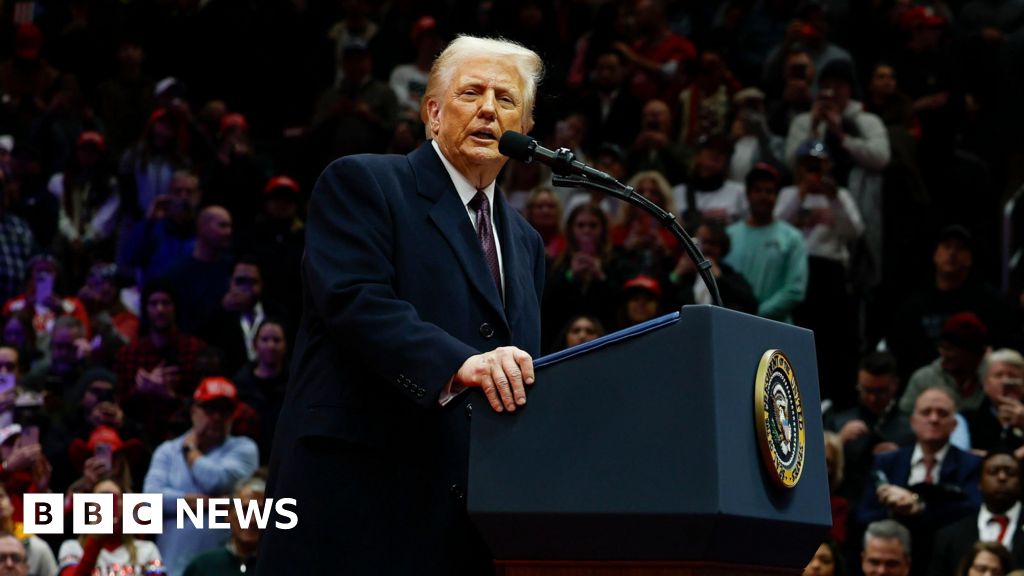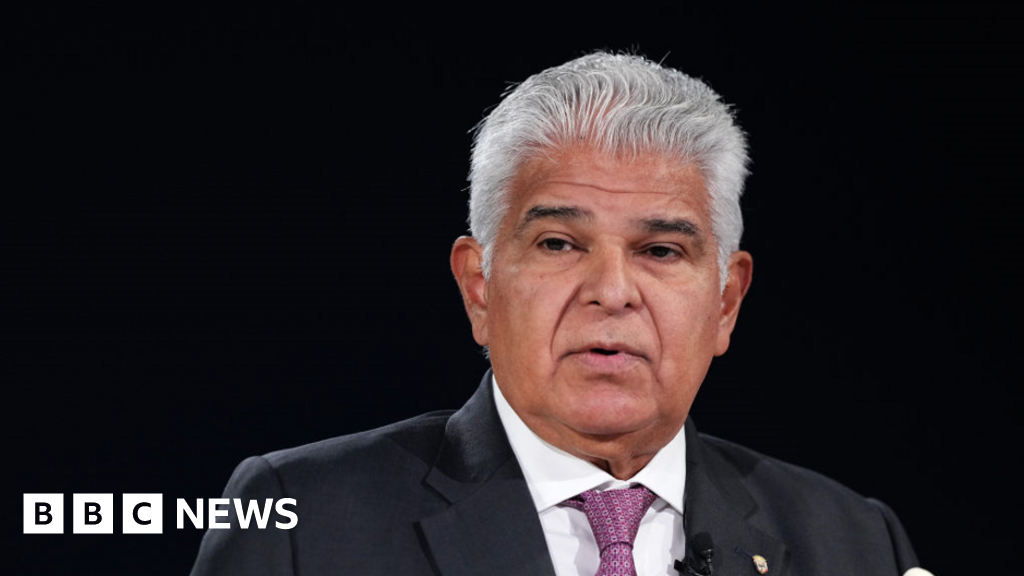ARTICLE AD BOX

A bid by the Abu Dhabi ruling family to secure majority ownership of the Daily and Sunday Telegraph newspapers looks likely to fail, according to several sources close to the matter.
The BBC understands that all the rival bidders have approached the Gulf-backed investors to discuss co-investing to reduce the size of the Abu Dhabi stake.
That could make it more palatable to the many politicians and senior journalists at the politically influential titles who have voiced concerns at the prospect of a sale to what they consider a foreign power.
Investment fund Redbird IMI, which is 75%-owned by Manchester City football club owner Sheikh Mansour, who is also deputy prime minister and vice president of the UAE, hoped to take control of the Daily and Sunday Telegraph, along with the Spectator magazine after paying off the debts of its previous owner.
The Telegraph was taken over by Lloyds Bank as the bank sought to recover £1.1bn owed by the owners, the Barclay family, before RedBird IMI agreed to pay the sum and take control.
It was understood that after the debt was paid to Lloyds, the paper would be passed on to the new owners.
However, the government intervened and asked the regulator Ofcom and competition authorities to scrutinise the deal to assess whether the new owners could guarantee accurate reporting of the news and editorial freedom.
The deadline for these reports is Monday at 17:00 GMT.
'Effectively dead'
Despite assurances and structural remedies offered by RedBird IMI that its Emirati owners would wield no editorial influence and would be passive investors, it is widely expected that the culture secretary will refer the proposed deal for more forensic analysis by the Competition and Markets Authority - which could take several months.
A source close to the Telegraph Media Group said the deal in its current form was "effectively dead".
That was disputed by Redbird allies who intend to push ahead with the process. However, some on the Redbird side privately acknowledge that they "may need a plan B".
The other bidders for the newspapers include hedge fund tycoon Sir Paul Marshall who owns GB News, Daily Mail owners DMGT, and Rupert Murdoch's News UK.
Political opposition has included the tabling of an amendment to the Digital Markets, Competition and Consumers Bill that would effectively give parliament a veto on sales of UK news media to foreign powers.
The amendment was tabled by Baroness Stowell, the chair of the Communications and Digital Committee and a former Conservative cabinet minister, and has considerable and growing support across the political divide.
RedBird IMI has consistently rejected the notion that it is, or represents, a foreign power.
The matter is complicated by the UK's deepening economic ties with the UAE. It has invested billions in ports, windfarms, housing developments, science parks and is being lined up as a potential investor in a new nuclear plant at Sizewell C.
Despite paying off the debts of the Barclay family, the government's intervention means RedBird IMI cannot exercise control over the Telegraph yet and if its deal is blocked, the investment group could opt to sell off the titles.
Redbird IMI has recruited former chancellor George Osborne as an adviser. It is thought his primary role was to try to help get the original deal over the line, but as a partner at investment banking boutique Robey Warshaw, he would be in a prime position to assist with a disposal.
Influential newspapers do not come up for sale very often, particularly ones that actually make a profit.
Culture Secretary Lucy Frazer is widely expected to refer the matter to a further, in depth "phase two" investigation that could take several months - potentially beyond the next election.
But that delay will not cool the intensity of the battle for control of newspapers that former Prime Minister Boris Johnson once called "his real boss".

 10 months ago
30
10 months ago
30








 English (US) ·
English (US) ·